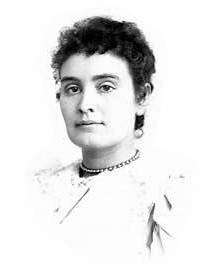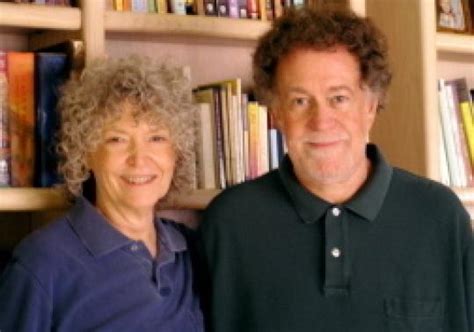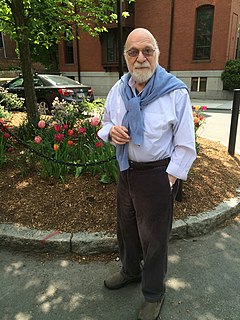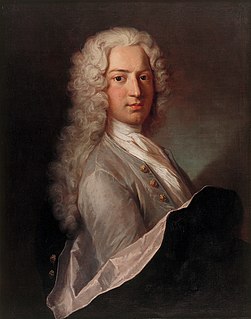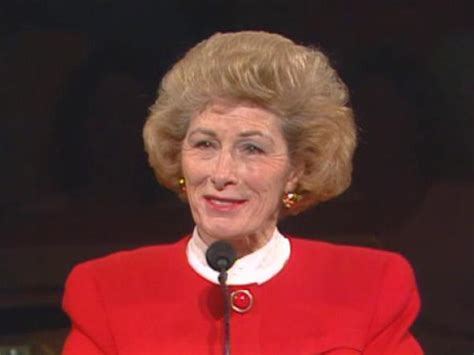A Quote by Anne Sullivan
We have no firm hold on any knowledge or philosophy that can lift us out of our difficulties.
Quote Topics
Related Quotes
Even those who have desired to work out a completely positive philosophy have been philosophers only to the extent that, at the same time, they have refused the right to install themselves in absolute knowledge. They taught not this knowledge, but its becoming in us, not the absolute but, at most, our absolute relation to it, as Kierkegaard said. What makes a philosopher is the movement which leads back without ceasing from knowledge to ignorance, from ignorance to knowledge, and a kind of rest in this movement.
Let us watch against unbelief, pride, and self-confidence. If we go forth in our own strength, we shall faint, and utterly fall; but, waiting on the Lord, out of weakness we shall be made strong. Having our hearts and our hopes in heaven, we shall be carried above all difficulties, and be enabled to press forward and lay hold of the prize of our high calling in Christ Jesus.
How unutterably sweet is the knowledge that our Heavenly Father knows us completely. No talebearer can inform on us; no enemy can make an accusation stick; no forgotten skeleton can come tumbling out of some hidden closet to abash us and expose out past; no unsuspected weakness in our characters can come to light to turn God away from us, since He knew us utterly before we knew him and called us to Himself in the full knowledge of everything that was against us.
Before making peace, war is necessary, and that war must be made with our self. Our worst enemy is our self: our faults, our weaknesses, our limitations. And our mind is such a traitor! What does it? It covers our faults even from our own eyes, and points out to us the reason for all our difficulties: others! So it constantly deludes us, keeping us unaware of the real enemy, and pushes us towards those others to fight them, showing them to us as our enemies.
Let us, at any rate, give heed to suffer joyfully the crosses that God sends us, because they all, if we are saved, will become for us eternal joys. When infirmities, pains, or any adversities afflict us, let us lift up our eyes to heaven and say, "One day all these pains will have an end, and after them I hope to enjoy God forever."
Philosophy... is indeed outrageous, inherently so. It seeks to disquiet the foundations of our lives and to offer us in recompense nothing better than itself- and this on the basis of no expert knowledge, of nothing closed to the ordinary human being, once... [one] lets himself or herself be informed by the process and ambition of philosophy.
Science...has become identified with a philosophy known as materialism or scientific naturalism. This philosophy insists that nature is all there is, or at least the only thing about which we can have any knowledge. It follows that nature had to do its own creating, and that the means of creation must have included any role for God.
Dealing with our overweight - or with any of our life's difficulties, for that matter - is not a battle to be fought. Instead, we must learn how to make friends with our hardships and challenges. They are there to help us; they are natural opportunities for deeper understanding and transformation, brining us more joy and peace as we learn to work with them.
We have no knowledge, that is, no general principles drawn from the contemplation of particular facts, but what has been built up by pleasure, and exists in us by pleasure alone. The Man of Science, the Chemist and Mathematician, whatever difficulties and disgusts they may have had to struggle with, know and feel this. However painful may be the objects with which the Anatomist's knowledge is connected, he feels that his knowledge is pleasure; and where he has no pleasure he has no knowledge.
